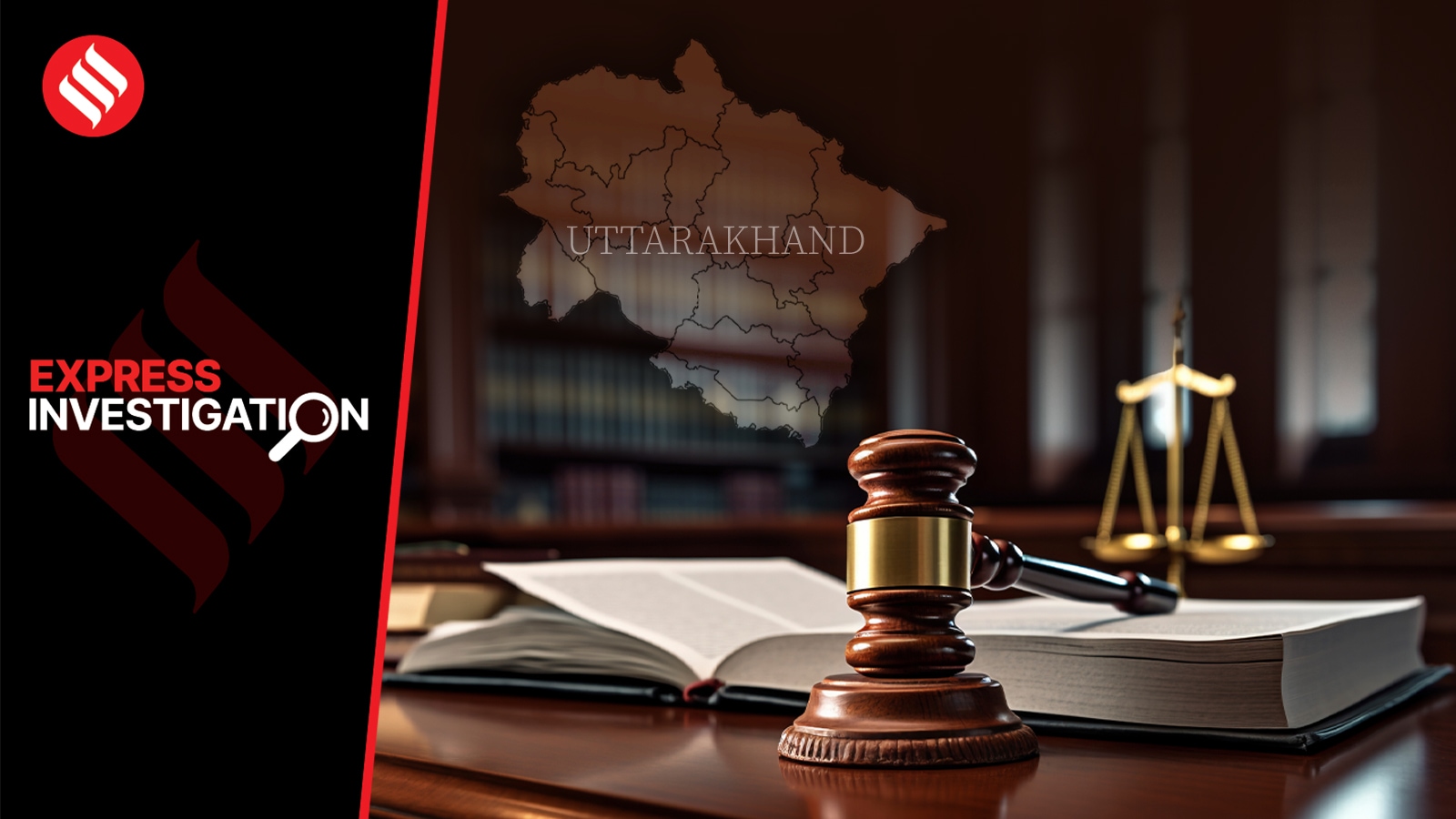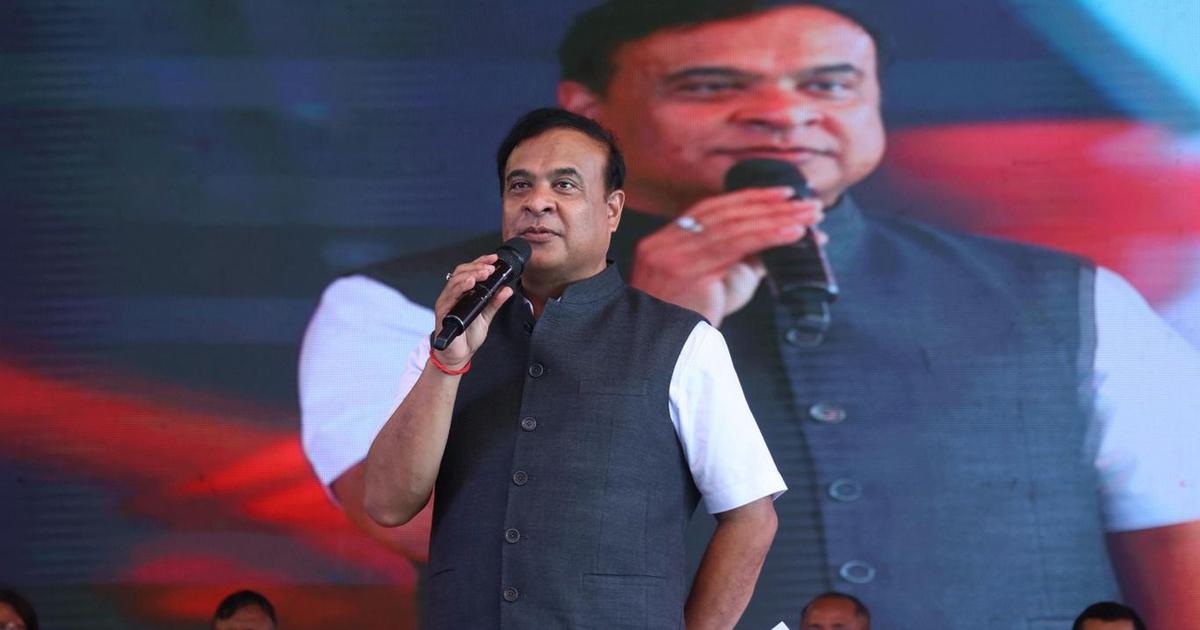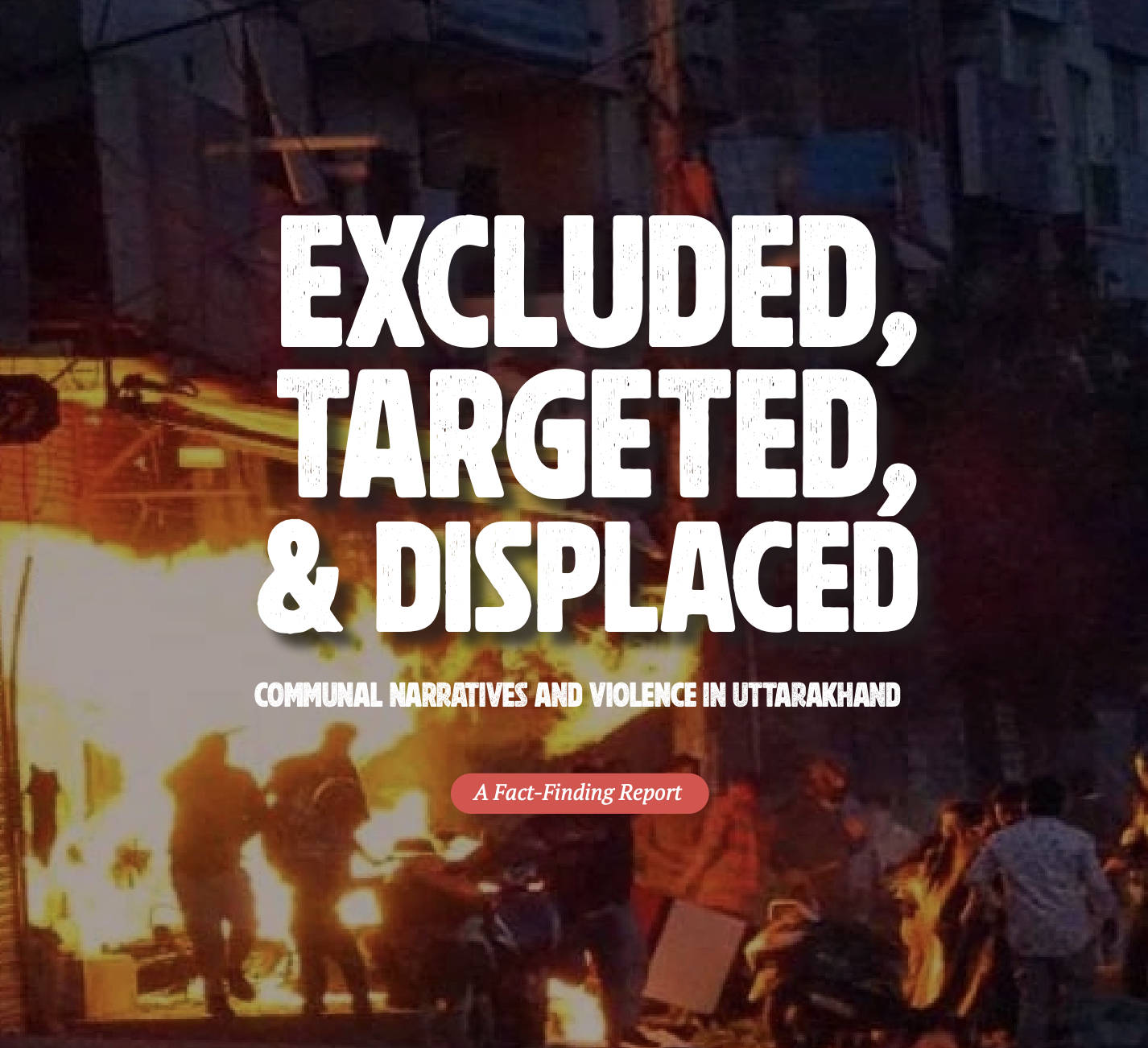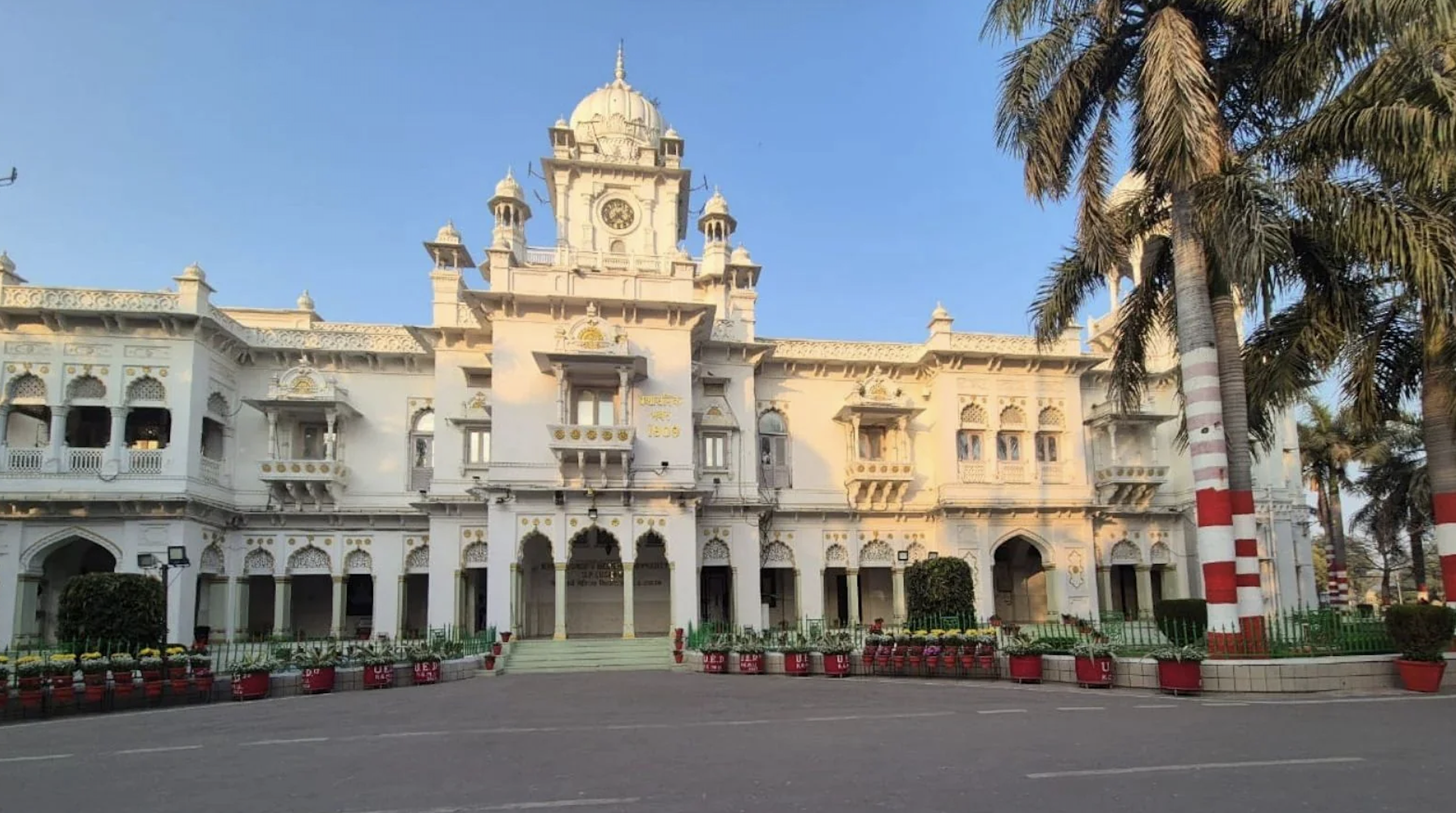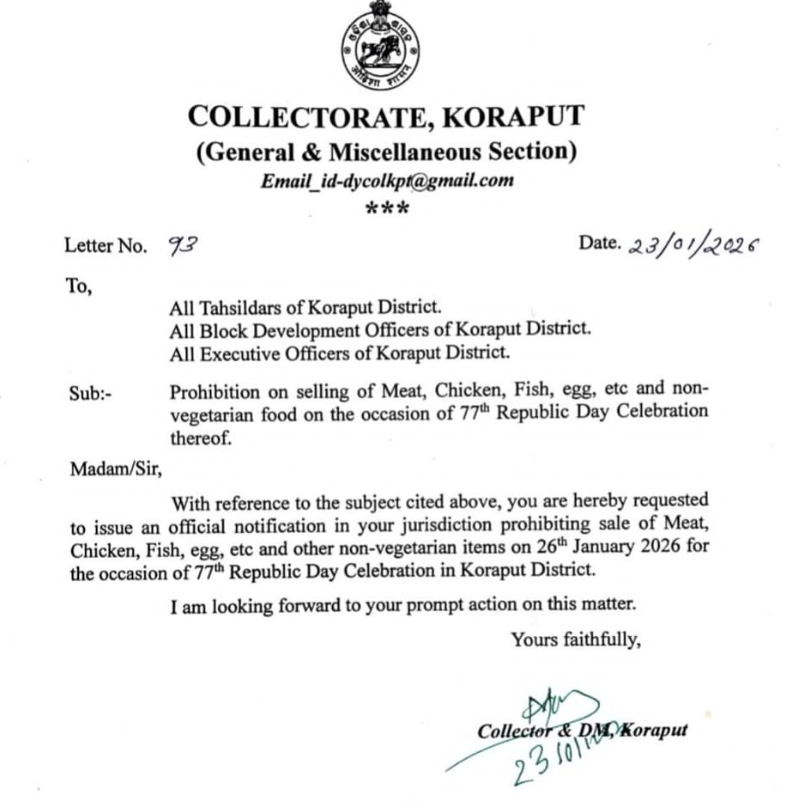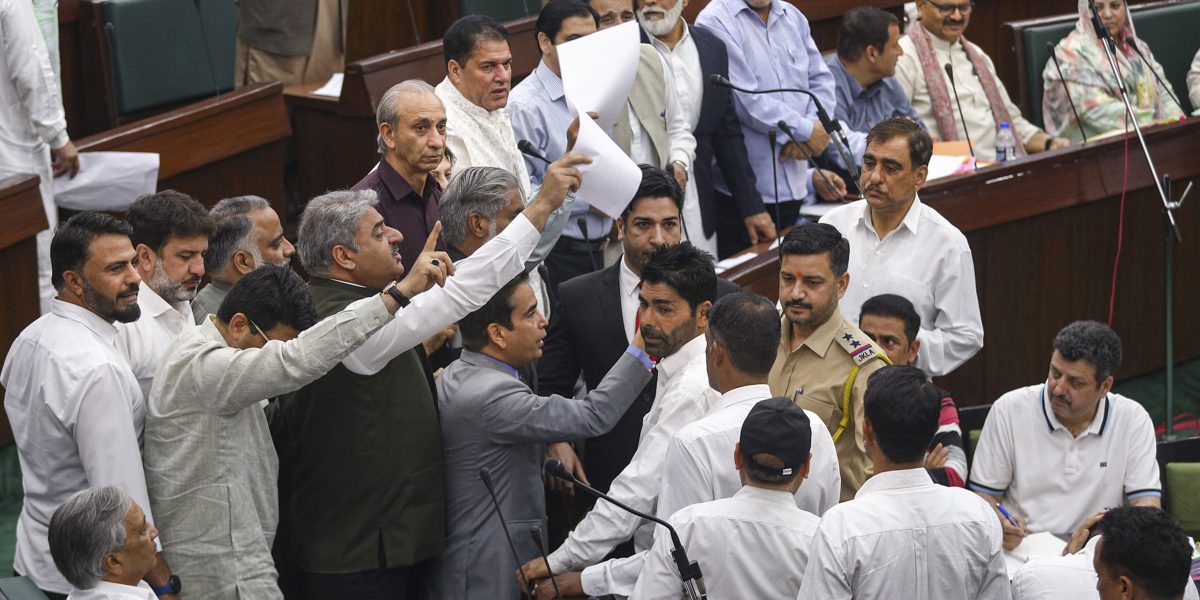
By Yasir Altaf Zargar
For a region like Kashmir – already stripped of its constitutionally granted identity, political voice, and legislative autonomy – the Waqf (Amendment) Act 2025 launches a fresh attack, threatening devastation and the very fabric of Kashmiri Muslim heritage. This bill is not a mere legislation, it is a well-planned surgical strike on the cultural and spiritual base of Muslim identity.
Masked as reform, development, and transparency, it empowers the government’s machinery to dismantle age-old religious endowments with chilling precision, sending a clear message: if you must live here, we will decide how. With every session of parliament, the Modi-led Bharatiya Janata Party (BJP) further arms itself to marginalise Muslim minorities through new laws – and Kashmir has always been their central point. Since the BJP’s 2014 victory, debates around Kashmir’s religious history – including the origins of Muslim rule and cultural transitions – have resurfaced in public discourse.
In 2015, the BJP and People’s Democratic Party cobbled together what they called a “holy alliance” – an arrangement supposedly meant to understand the ground realities of Kashmir, especially in Muslim-majority areas. The BJP had already penetrated the Hindu-majority Jammu region but had not breached the Muslim-majority Kashmir valley. The alliance was thus a strategic and a well-planned move – forged to politically infiltrate the region. By 2018, the so-called alliance crumbled. The BJP consciously withdrew support from the PDP, ending the coalition on a cold, calculated note – after which the region slipped into the hands of the governor appointed by the Union government.
This signalled a tectonic shift: since the ground had not become fertile for BJP domination, they would instead seek to control the region directly. Then in 2019, without the consent of its people, the state was divided and downgraded to a Union Territory. Control of the former state was now directly in the hands of the Union government. For four years – and continuing to this day – power has remained solely with the Lieutenant Governor. This has resulted in all autonomous institutions being placed under the control of individuals appointed by the BJP. The Jammu and Kashmir waqf board was placed under the leadership of a BJP figure.
Similar restructuring occurred to various institutions such as the Jammu and Kashmir Bank and the Kashmir Press Club – that ended on a very cold note. The club was shut down by the J&K administration in 2022. Another recent example illustrates this control: the overnight transfer of JKAS (Jammu and Kashmir Administrative Services) officers, ordered unilaterally by the LG. Before that, all IAS-cadre district magistrates were reshuffled – most likely in favour of those aligned with the Union government’s preferences. This reflects a chilling precision: any district magistrate who doesn’t comply will be replaced.
Concerns also emerged regarding public and religious spaces. One such instance was the plan to construct a multi-speciality hospital at the historic Eidgah in Srinagar – an area of deep religious significance. Following public outcry and widespread resentment, the plan was paused. However, the apprehension remained: this was not about healthcare, but about controlling religious endowments.
This story was originally published in thewire.in. Read the full story here.


